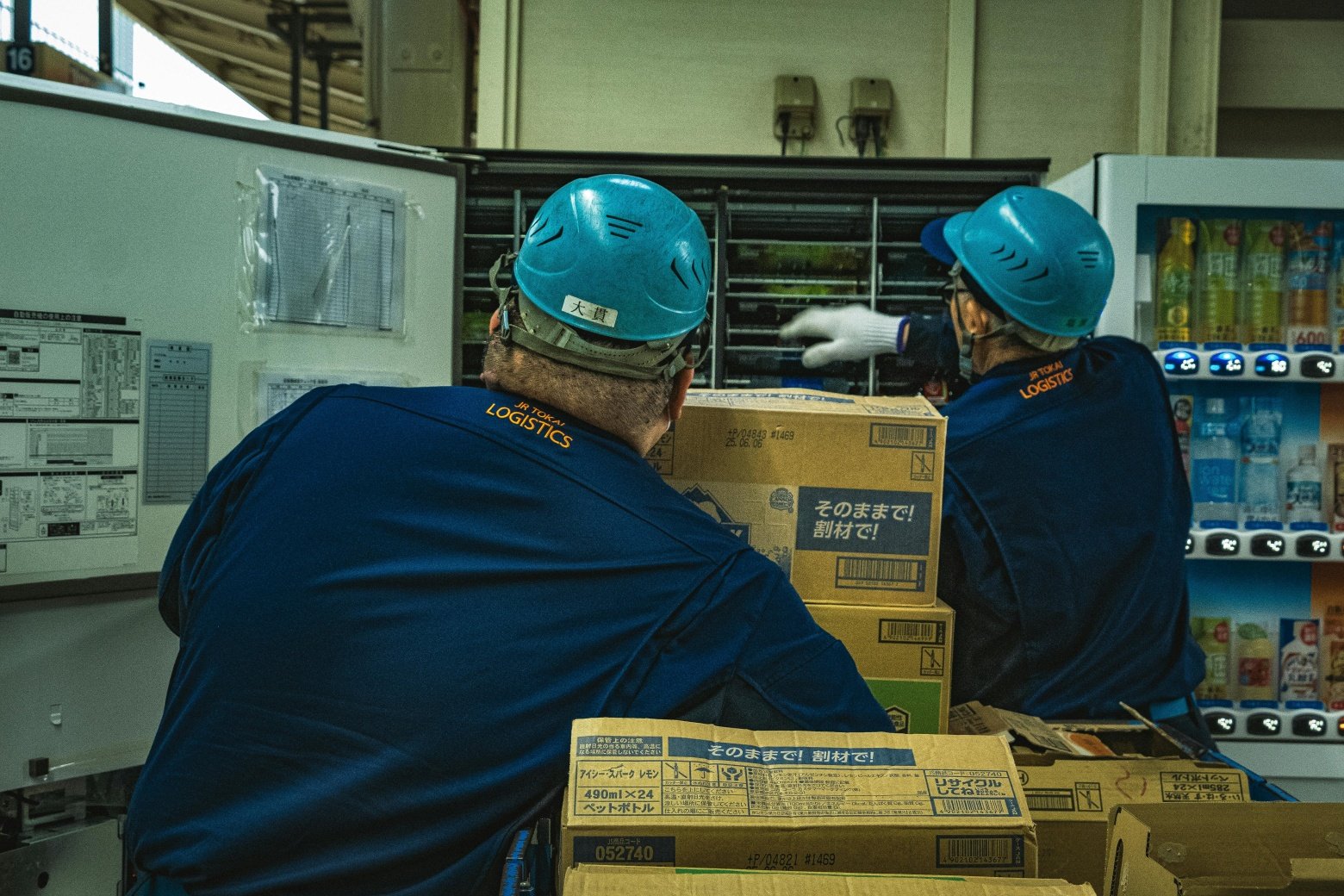What is HACCP Malaysia?
Hazard Analysis and Critical Control Points (HACCP) is an internationally recognized system for food safety management. In Malaysia, HACCP certification is essential for businesses involved in food production, processing, and distribution. It ensures food safety by identifying and controlling hazards that could affect food safety throughout the supply chain.

Importance of HACCP in Malaysia
- Regulatory Compliance: HACCP is required by the Ministry of Health Malaysia for food manufacturers and exporters.
- Consumer Safety: Reduces the risk of foodborne illnesses and contamination.
- Market Access: Essential for businesses exporting food products internationally.
- Reputation & Trust: Increases credibility with customers, retailers, and regulatory bodies.
- Operational Efficiency: Helps businesses streamline processes and minimize food waste.
HACCP Certification Process in Malaysia
- Preliminary Steps
- Identify the scope of HACCP application.
- Form a HACCP team with expertise in food safety.
- Conduct Hazard Analysis
- Identify potential biological, chemical, and physical hazards.
- Assess risks and determine preventive measures.
- Determine Critical Control Points (CCPs)
- Pinpoint stages where hazards can be controlled or eliminated.
- Establish Critical Limits
- Set acceptable limits for each CCP (e.g., temperature, pH, time).
- Implement Monitoring Procedures
- Define methods for measuring and recording CCP compliance.
- Develop Corrective Actions
- Outline steps to take if a CCP is not within the critical limit.
- Verification & Validation
- Regular audits and testing to ensure the HACCP system is effective.
- Record-Keeping & Documentation
- Maintain records of hazard analysis, CCP monitoring, and corrective actions.
Who Needs HACCP in Malaysia?
- Food manufacturers & processors
- Catering services & restaurants
- Supermarkets & food retailers
- Hotels & food service providers
- Exporters of food products
- Beverage & dairy companies
- Small and medium enterprises (SMEs) in the food industry
Benefits of HACCP Certification in Malaysia
- Legal Compliance: Ensures adherence to Malaysian food safety laws and regulations.
- Global Recognition: Meets international food safety standards.
- Increased Business Opportunities: Required by many major retailers and export markets.
- Improved Customer Confidence: Enhances trust in product safety.
- Better Risk Management: Prevents food safety issues before they occur.
How to Get HACCP Certified in Malaysia?
- Understand the Requirements – Study HACCP principles and Malaysian food safety laws.
- Hire an ISO & HACCP Consultant – Get expert guidance on implementation.
- Develop a HACCP Plan – Create a detailed plan based on your food business processes.
- Implement the HACCP System – Train staff and integrate HACCP practices.
- Apply for Certification – Submit documents and undergo an audit by an accredited certification body.
- Maintain Compliance – Regularly review and update HACCP processes to ensure ongoing compliance.

Conclusion
HACCP certification is crucial for food businesses in Malaysia to ensure food safety, comply with regulations, and expand into international markets. By implementing HACCP, companies can improve their operations, protect consumers, and enhance business credibility.
If you are looking to get HACCP certified in Malaysia, our expert consultants can guide you through the process efficiently. Contact us today to learn more!


